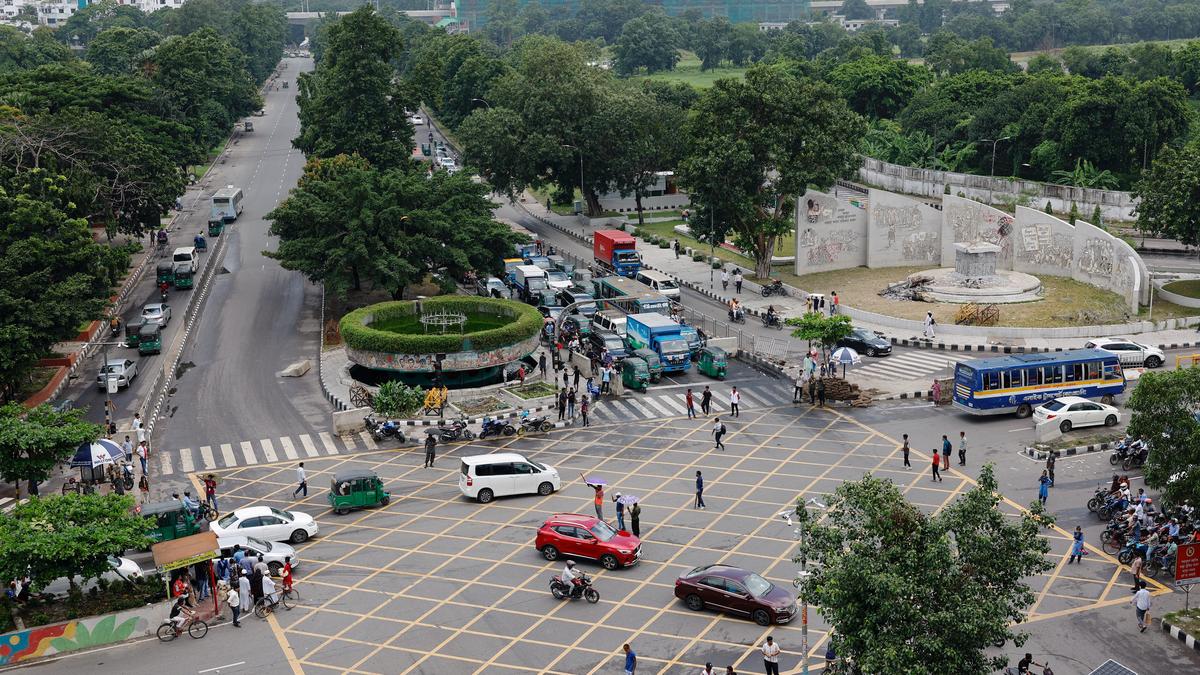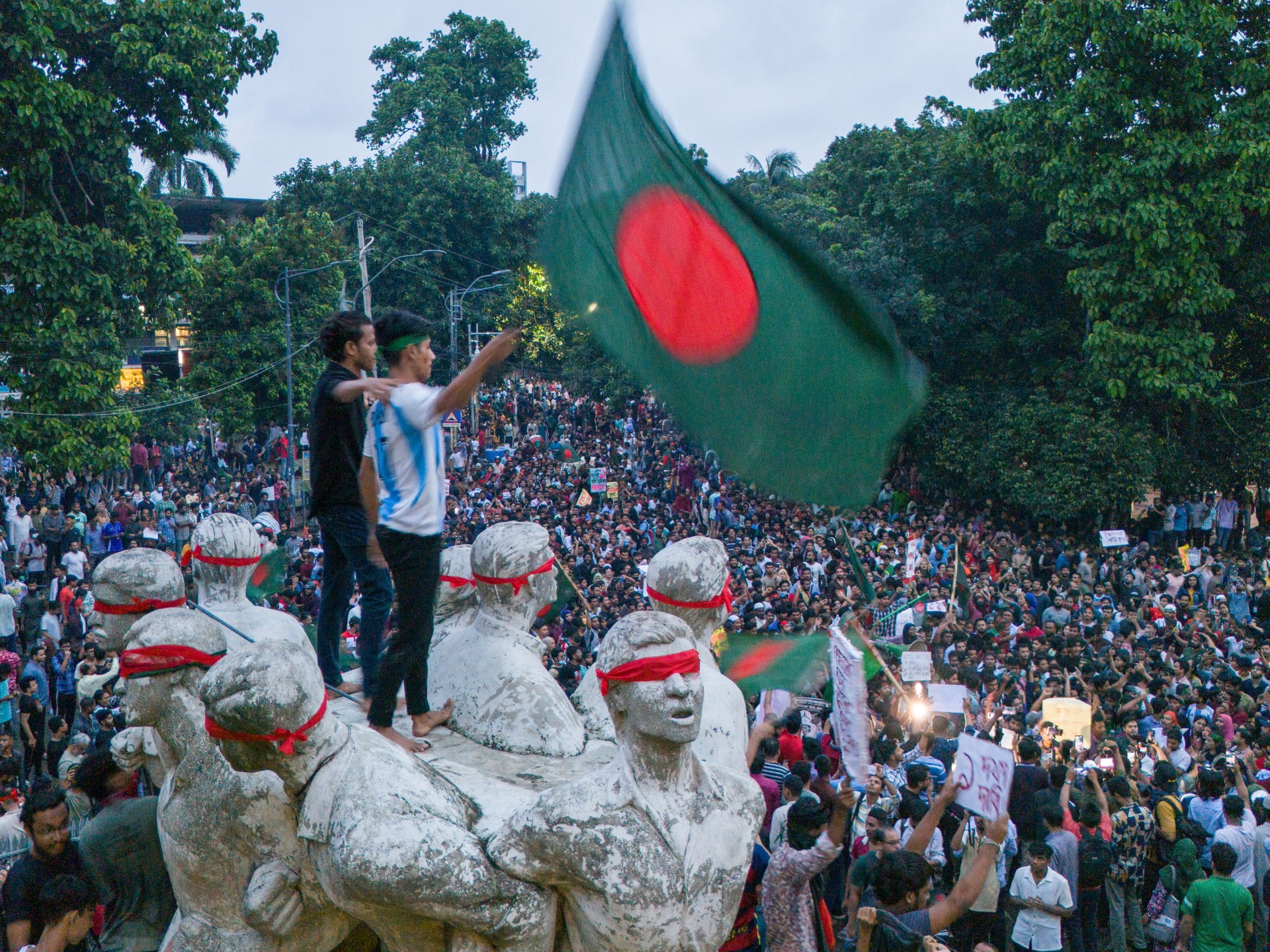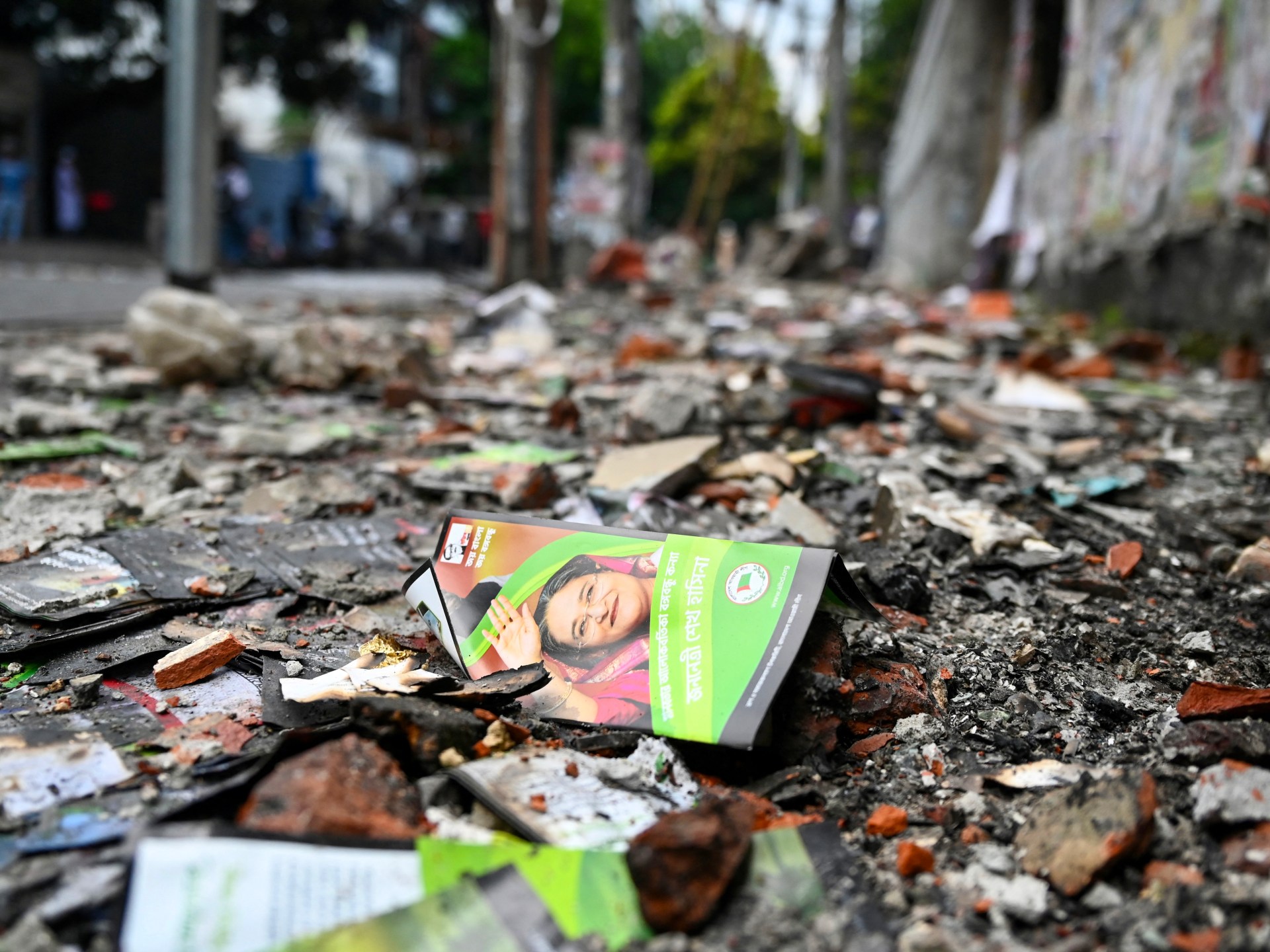Bangladesh in Crisis: A Comprehensive Analysis
Bangladesh, a nation of 170 million people, has been gripped by a political crisis following the resignation and subsequent flight of Prime Minister Sheikh Hasina. The crisis was sparked by student-led protests against alleged electoral fraud and corruption. As the protests intensified, the military took control, and President Mohammed Shahabuddin appointed Nobel laureate Muhammad Yunus as the head of an interim government.
Roots of the Crisis
The roots of the crisis lie in long-standing grievances against the Hasina government. Critics accused the government of authoritarianism, corruption, and mismanagement. The government’s response to the student protests, which included police brutality and arbitrary arrests, fueled further discontent.
Impact of the Crisis
The crisis has had far-reaching consequences for Bangladesh. The political turmoil has caused economic disruptions, including a decline in investment and tourism. The violence associated with the protests has also led to loss of life and injuries. The international community has expressed concern over the situation and has called for a peaceful resolution.
Key Players
Sheikh Hasina: Former Prime Minister of Bangladesh, resigned and fled the country following mass protests. Accused of authoritarianism and corruption.
Muhammad Yunus: Nobel laureate and microfinance pioneer, appointed as head of the interim government. Respected figure who has called for free elections.
Army: Took control of the country during the crisis. Responsible for maintaining order and facilitating a transition to a new government.
International Response
The international community has expressed concern over the crisis in Bangladesh. The United States, the United Kingdom, and the European Union have called for a peaceful resolution and the restoration of democracy. India has played a key role in providing humanitarian assistance and facilitating discussions between the various parties.
Prospects for the Future
The future of Bangladesh remains uncertain. The interim government faces the challenge of restoring stability, holding free elections, and addressing the underlying grievances that led to the crisis. The military’s role in the transition will be closely watched. The international community will continue to play a supportive role in promoting a peaceful resolution and the restoration of democracy in Bangladesh.
Conclusion
The crisis in Bangladesh is a complex and challenging issue. It is rooted in long-standing political grievances and has been exacerbated by the government’s response to the protests. The international community has expressed concern and called for a peaceful resolution. The future of Bangladesh depends on the ability of the interim government to restore stability, hold free elections, and address the underlying causes of the crisis.



